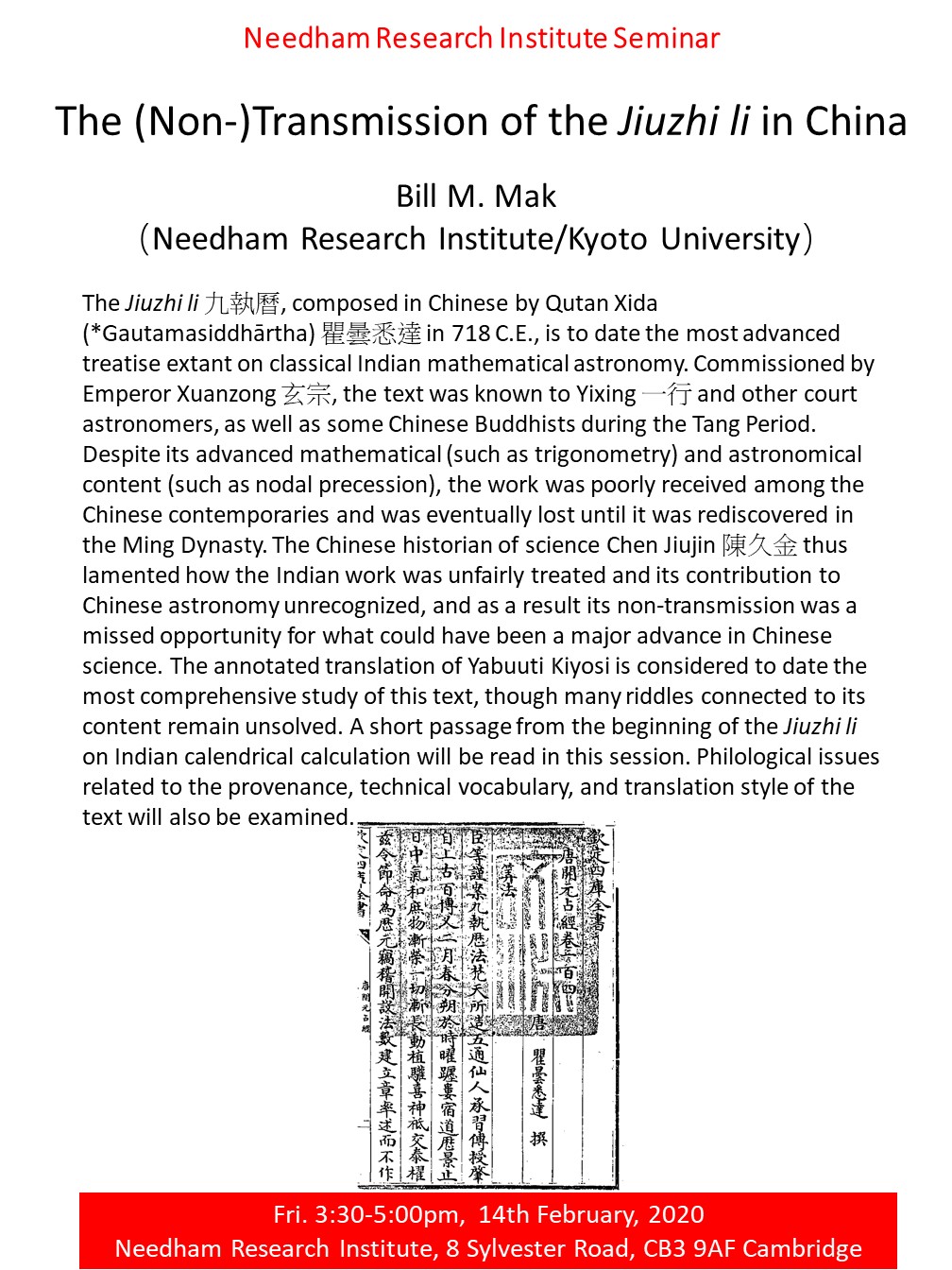Confucian learning a qin piece 孔子學琴
This story about Confucius insisting on practicing the same piece of qin music instead of moving on to something new as told by his teacher is both inspiring and thought-provoking, thanks to Mei 楊嵋 for pointing this out.
So many of us, students or researchers, rush to the next thing before truly mastering one thing. Confucius in this story did not stop after he “learned” 習 something, but he continued to master the techniques 數, to understand its spirit and intention 志, and to ultimately know its creator in the most profound sense 得其為人. Such empathy and humility lead to a kind of insight that is little appreciated today. This contrasts sharply to our utilitarian approach to knowledge and learning.
In this sense, the study of art and music is particularly important to scholars. Learning with insight makes us human. The arts have a way to force us to look inward and one cannot fake one’s way through. I realize that it is a humanist bias from my side — I always feel that scholars who have no musical or artistic talent and training have a high chance of being fakes. And this is becoming more so since “hard knowledge” is becoming all available digitally.
孔子學琴於師襄子,襄子曰:「吾雖以擊磬為官,然能於琴,今子於琴已習,可以益矣。」孔子曰:「丘未得其數也。」有間,曰:「已習其數,可以益矣。」孔子曰:「丘未得其志也。」有間,曰:「已習其志,可以益矣。」孔子曰:「丘未得其為人也。」有間,孔子有所謬然思焉,有所睪然高望而遠眺。曰:「丘迨得其為人矣。近黮而黑,頎然長,曠如望羊,奄有四方,非文王其孰能為此?」師襄子避席葉拱而對曰:「君子,圣人也,其傳曰<文王操>。」

